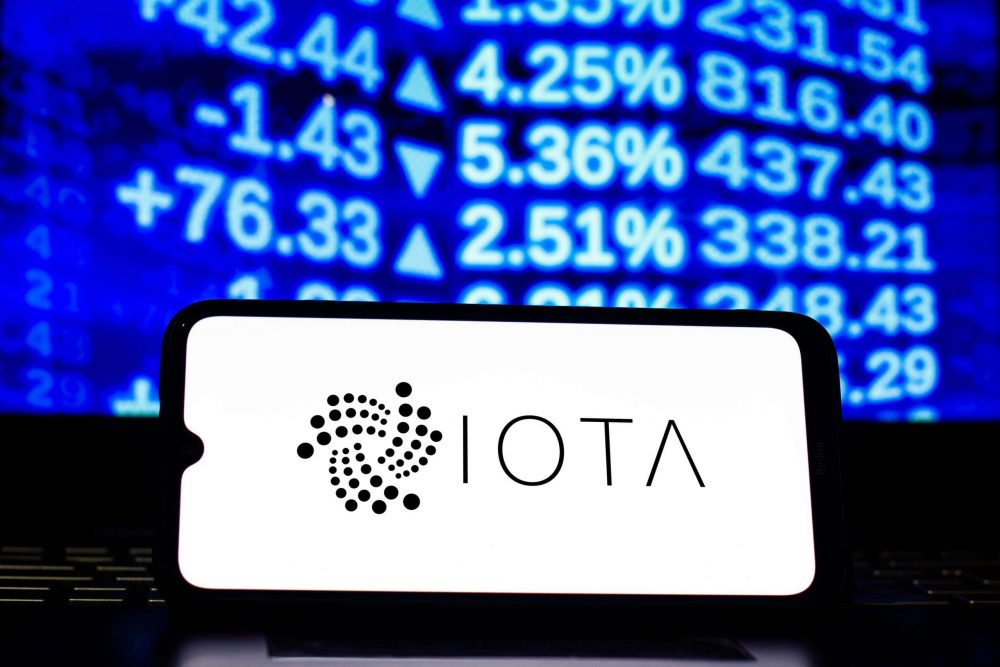Table of Contents
The USA is currently taking very tough action against the crypto sector. Lawsuits are being filed against crypto companies such as Kraken, long-awaited licenses such as Paxos are being denied, and banks like Signature are being pressured not to do business with crypto companies. In the meantime, one can speak of a concerted action by the US Treasury Department, US Federal Reserve and US Securities and Exchange Commission against the crypto sector.
MiCA as an advantage?
So far it has seemed that over-regulation is primarily a problem within the European Union, while the USA tends to allow innovation. Again and again, partly absurd applications – just think of the planned proof-of-work ban in the MiCA negotiations – have made the crypto sector tremble in Brussels. So far, however, it has been possible to avert the worst-case scenarios.
Certainly, some regulatory projects in the EU are exaggerated, an example would be exaggerated reporting requirements for crypto transactions, but so far they have not led to an exodus or dead regulation. Of course, it must be noted at this point that MiCA will not come into force until next year and only then will we be fully confronted with the consequences. Especially since further adjustments and additions to the MiCA regulation can be expected.
However, a question that arises from the current situation is whether Europe and in particular the EU can benefit from the situation in the US?
Can the European Union Expand Its Crypto Competitiveness?
With the MiCA, the EU has a regulatory clarity that the USA does not yet have. Especially since protectionism in the USA is having a particularly strong impact and is affecting companies like Binance. It seems the US is cracking down on companies that are not headquartered in the US. If the EU can offer a level of clarity that the US doesn’t currently have, then that could serve as a competitive advantage.
The nerve-wracking discussion at the US Securities and Exchange Commission (SEC) as to whether certain cryptocurrencies or crypto services such as staking fall under their supervision and legislation is leading to permanent uncertainty in the industry. In addition to the EU, Great Britain, Dubai, Singapore and Switzerland in particular could benefit from this.
Lack of courage for crypto
Whether the EU will seize its chance is another matter. After all, you’re strongly influenced by what’s happening in the US, even if you don’t want to admit it in Brussels. This means that if the US cracks down on the crypto sector, the EU will not think of propagating a crypto laissez-faire attitude.
The chance to signal openness to crypto services now in the current phase would be the task of European politicians and officials. Unfortunately, that’s exactly what shouldn’t happen. Other jurisdictions are better at welcoming, even attracting, industries with open arms than the European Union.
Appropriate to this is a draft law of the EU Parliament just last week published which is intended to prescribe restrictive handling for banks in the EU for crypto services and business relationships with crypto companies.
Hard hand and institutional adoption
At first glance, such projects may be negative for the crypto sector. On the other hand, one must not forget that the biggest obstacle to institutional adoption is regulatory ambiguity. This applies equally to the USA and the EU. This is also one of the reasons why many banks were still very reluctant to adopt crypto.
If the authorities now create facts, even if they may be harsh, they can ultimately lead to the decisive security for the institutional actors. With regard to the Bitcoin course, one could say that it is better to have hard guidelines than none, because in the latter case the big money from the institutional players does not materialize.
- CryptoQuant Analyst: Bitcoin Nowhere Near Its Peak – Buckle Up, Hodlers! - December 21, 2024
- Chainalysis: $2.2 Billion Lost to Crypto Hacks in 2024 - December 21, 2024
- Bank of Japan leaves interest rate unchanged: Impact on the macroeconomy and the crypto market - December 20, 2024
















![Top 10 Cryptocurrency Platforms for Grid Trading in [current_date format=Y] 18 Top 10 Cryptocurrency Platforms for Grid Trading](https://cryptheory.org/wp-content/uploads/2024/12/grid-trading-120x86.jpg)







